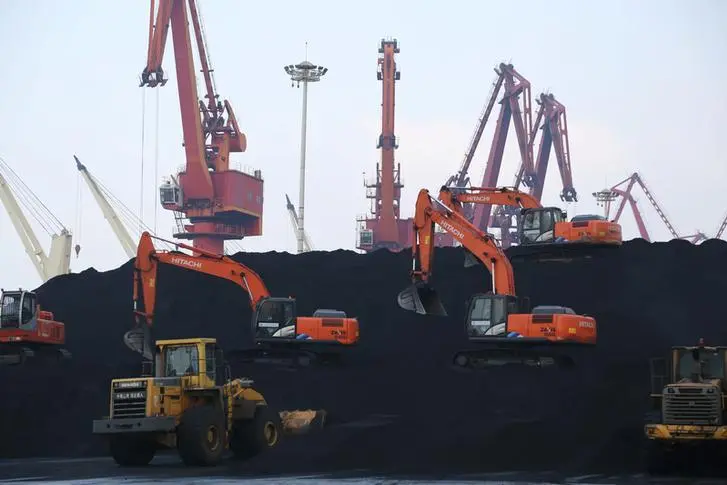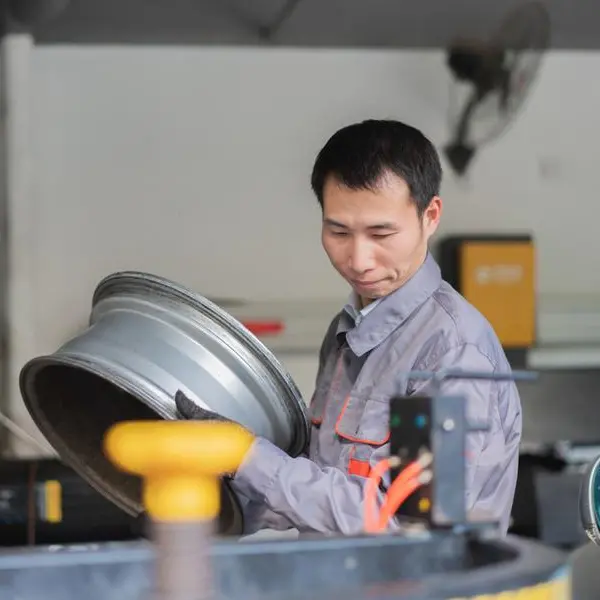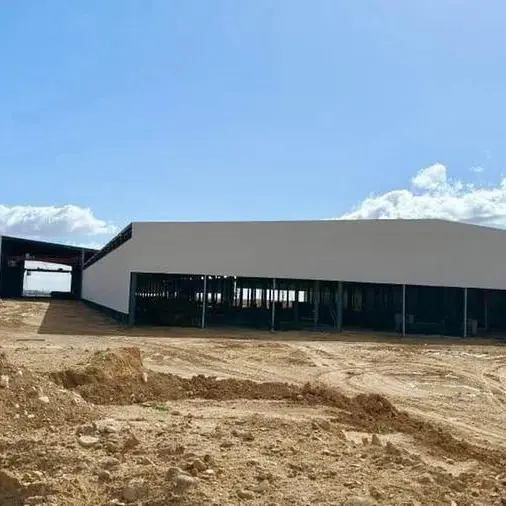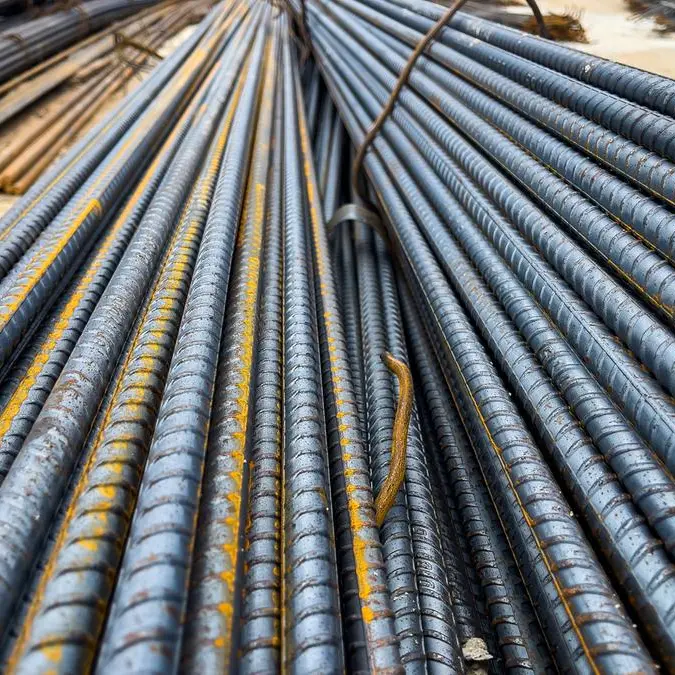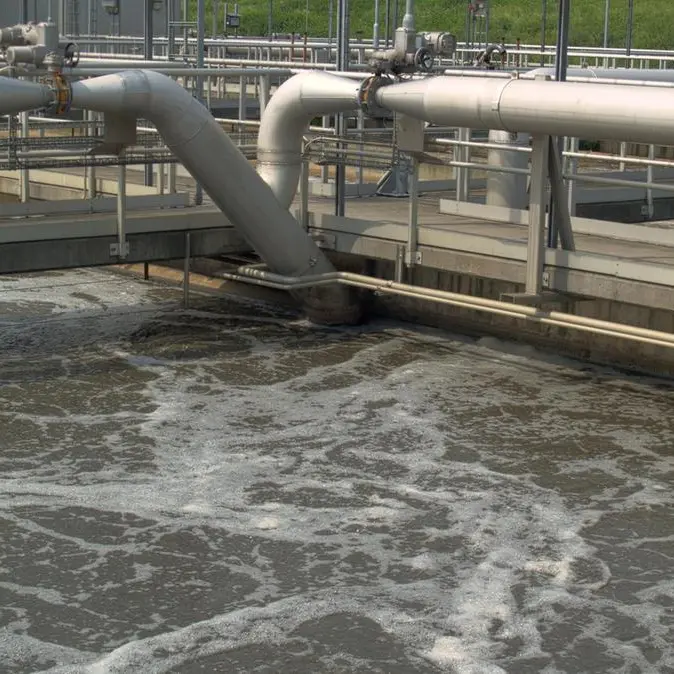PHOTO
NUSA DUA, Indonesia - China's burgeoning appetite for thermal coal shipments due to a surge in electricity demand and a spike in domestic prices of the polluting fuel has spurred a flurry of deal making at the world's largest industry conference in Indonesia.
Traders supplying China and officials from mining companies in top exporter Indonesia eager to strike deals thronged the conference hall in Bali's Nusa Dua resort for the three-day Coaltrans conference that ended on Tuesday.
China's imports of the power generating fuel are expected to rise 100 million tonnes to a record 329 million tonnes this year, and by another 49 million tonnes in 2024, Rodrigo Echeverri, head of commodities research at Noble Research said in a presentation made at the conference.
"They (Chinese buyers) think demand will be higher. Also the non-power sector, like the chemical sector, has quite high demand," Ramli Ahmad, President Director at Indonesian coal miner Ombilin Energi, said on the sidelines of the conference.
Expectations of resilient coal demand in China, the world's largest consumer and importer of the fuel, could delay a peak in global coal use, envisaged under climate goals, as miners supply coal for longer at competitive prices, traders say.
Economic growth in China is being dragged down by a beleaguered property market, but extreme weather and growth in economic activity in other sectors have driven demand for electricity and coal higher.
Six Chinese traders Reuters spoke to said they expected harsh weather to drive overall imports higher in the last quarter of 2023. Five of them said they expect 2024 imports to be higher than in 2023 but lower than Noble's forecast, with a sixth trader expecting it to be lower than 2023 levels.
"They will burn more coal because they are more worried about the economy than blue skies. So I think Chinese demand growth is going to steady at where it is," a seventh trader from a large international trading firm said.
A major coal consumer in China said he expected higher government intervention to stimulate economic growth including in the property sector, adding that addition of fresh coal-fired capacity to balance the grid could push 2024 imports to slightly higher levels.
This year's conference had more participants from China than ever before, according to Coalshastra, an event partner. It was the first global conference for many Chinese traders whose overseas travel was restricted due to strict Covid restrictions.
"This particular Coaltrans already there are a lot of deals happening, because I have had people asking me - 'Can we close, can we close the deal?" Ahmad said.
While extreme heat and industrial activity following relaxation of Covid restrictions have driven up power demand, low rainfall has affected hydropower generation, which fell at the sharpest rate in over three decades.
Echeverri said a fall in average calorific value - an indicator of quality - of domestically mined coal was also contributing to the higher imports. Power plants need to burn more coal of lower quality to produce the same amount of energy produced by combusting coal with a higher calorific value.
"China has many structural issues regarding energy supply, coal production and quality. These issues mean that China could be structurally short of coal in the next few years," he said.
(Reporting by Sudarshan Varadhan Editing by Ros Russell)
